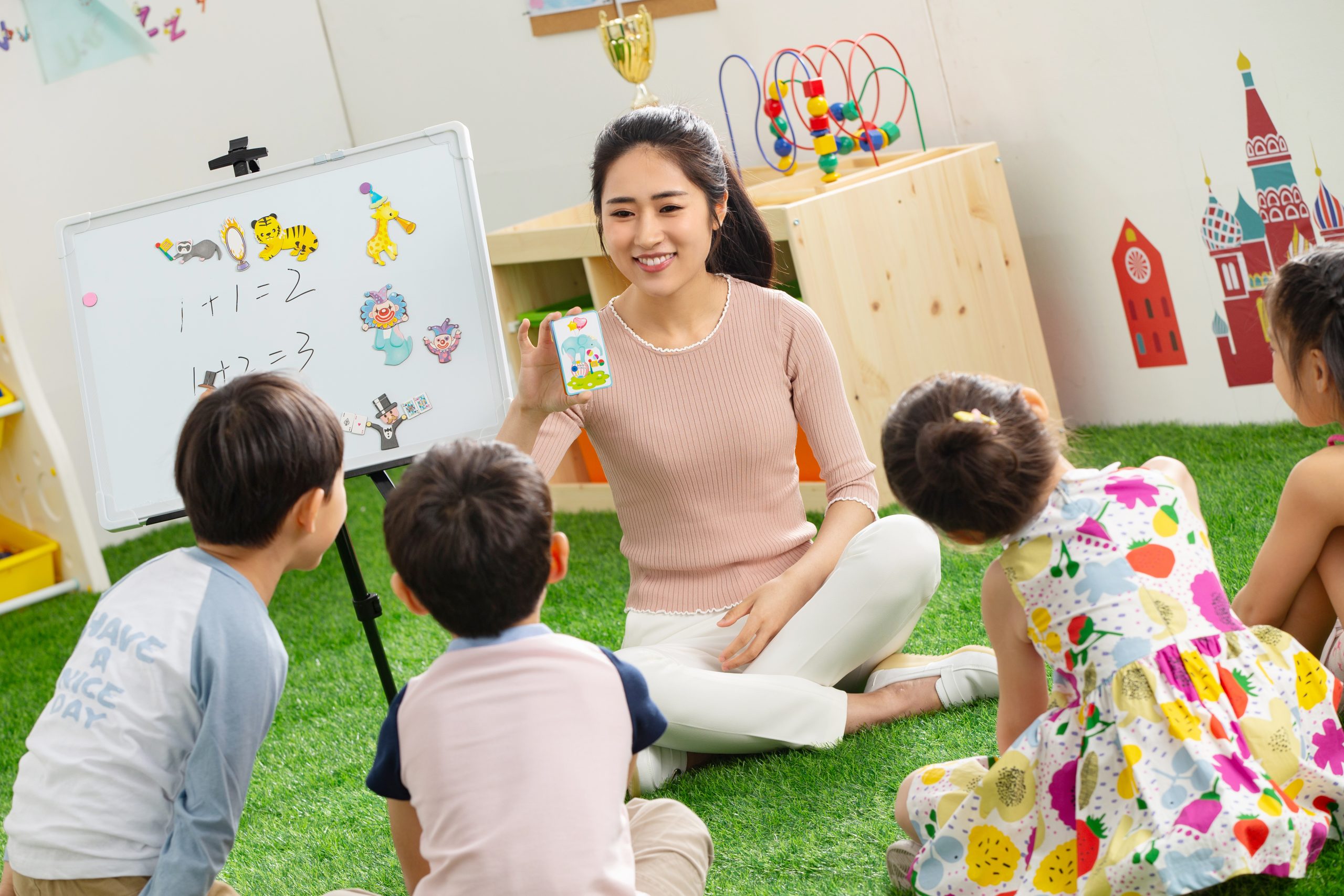
The importance of quality early childhood education offers significant social-emotional learning in young children
Early childhood is a critical time of development for a child’s well-being and learning throughout life. If education is the building block of a country’s development, then early childhood education (ECE) is the cornerstone. For a nation to attain optimal performance in key economic and development indicators such as crime, health, and productivity, a solid foundation must be established.
The recognition of ECE as the foundation of a country’s development is crucial for building a strong educational base for young children as it will provide them with a better chance to secure future achievement. In fact, it is embedded in Malaysia’s National Philosophy of Education. To many stakeholders and policymakers, early childhood education (ECE) is seen as an investment for long-term economic strength, a competitive edge in the race for success, and a critical foundation of a nation’s development. UNESCO has specifically stated that ECE is one of the best investments a country can make for its social and economic betterment. This notion is also evident across the National Key Result Areas (NKRA) in the 11th Malaysia Plan, the Government Transformation Programme (GTP) and the Education Blueprint 2013 – 2025.
These positive recognitions of ECE have played a significant role in the rise of kindergarten enrolment. This is reflected in the UNESCO Institute for Statistics data, which shows a consistent increase in pre-primary enrolment in Malaysia since the 1970s. In addition to the recognition, the quality of ECE plays a pivotal role in paving the way for our children’s future success.
During a visit to a SeDidik childcare centre and kindergarten, Dato Sri Fatimah Abdullah, Minister at the Ministry of Women, Early Childhood and Community Wellbeing Development expressed the ministry’s support for this recognition. She stated that the Ministry wants all children in Sarawak to have access to quality early childhood education.
To achieve this, well-trained, resilient teachers with the skills and knowledge to implement effective curriculum and teaching practices in a range of situations and changing contexts are paramount, especially in this era characterised by unpredictability and rapid changes.
Recognizing the significant impact of the COVID-19 pandemic on children’s social-emotional development, ECE teacher training programs must focus on social-emotional learning alongside an understanding of educational principles. This approach provides students with the necessary tools to foster compassion and resilience. In turn, equips them with the skills to assist and support children in their care adapting to changes, managing stress, regulating emotions and establishing positive relationships with their peers and community. These competencies are fundamental to promoting children’s overall well-being and success in life.
This focus on social-emotional development and the integration of educational principles provides students with an education that is both relevant and forward-thinking, it also equips students with valuable knowledge and skills to meet the demands of a rapidly changing world, and to make a real difference in the lives of children.
This journey towards learning transformation requires more than just lecture-based training. Educational institutions should provide ECE Simulation Rooms which are an integral part of learning, providing students with a safe space to address their questions and concerns and to explore creative teaching and learning approaches. In this room, students can experiment with implementing their curriculum and design effective classrooms that are conducive, comfortable, and welcoming for children, families, and teachers alike.
In addition, providing students with internship opportunities with established industry player offers students the opportunity for real-world experiential learning. This enables students to put their knowledge into practice, gain confidence, and explore working with industrial partners, families of diverse backgrounds and the community to learn to solve real-world problems.
The introduction of the Diploma of Early Childhood Education (DECE) course beginning this September at Swinburne Sarawak, aims to take on the challenge and to work collaboratively with the Ministry to address the needs. The programme’s content is designed to expose students to a range of local and international cultures, promoting diversity and providing opportunities for students to examine various teaching philosophies from different perspectives.
For Swinburne University of Technology Sarawak Campus, ECE is so much more than just teaching ABC, 123 to young children. The transformative journey of ECE that the university support is a deeply rewarding one that allows individuals to make a positive impact on the lives of young children and families, and contribute to the betterment of society as a whole.
The opinions expressed in this article are the author’s own and do not reflect the view of Swinburne University of Technology Sarawak Campus. Ting Mee Ling is the Discipline Leader – Early Childhood Education at the School of Design and Arts, Swinburne University of Technology Sarawak Campus. She is contactable at [email protected]

